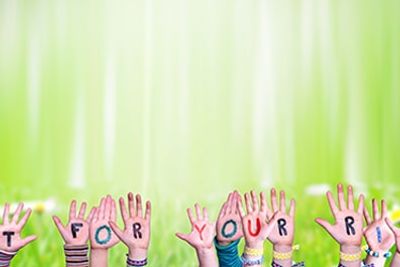By Buddy Early, December 2020 Issue.
There’s a common sentiment that has been repeated since the beginning of last summer, when protests over police brutality flared up in every major and mid-size city across the country. It’s simple: it should no longer be incumbent on Black Americans to fight for and secure the rights and equal treatment to which they are entitled. Why should the people who are being oppressed, brutalized, and discriminated against have the duty of righting those wrongs? The obligation of addressing this country’s race problem falls at the feet of white people. White people created the problems we are experiencing, and white people should have to fix it.
Don’t be triggered; when I talk about white people like this, I am definitely including myself, my friends and family, all of you reading this, Jennifer Aniston, Peyton Manning, Miranda Lambert, and — well, you get the idea. Basically, anyone capable of being an ally.
Sometimes being born into a body that requires you to be an activist for your own basic human rights can be exhausting. And unfair. And unnecessary. But definitely exhausting.
I can only speak of my experience of being a gay man. (Despite my previous claims that I am, in fact, a strong black woman … that’s actually not true.) I have been living now for half my life as out and proud after spending the first half in the closet. Throughout both realities — closeted and uncloseted — I knew what the world thought of gay men and women. I knew where we stood in this country. Even when I was denying what I knew deep down and fantasizing about marrying Lauralyn Beattie, I was aware that gay Americans did not have a fraction of the rights guaranteed to everyone else.
For many of us of a certain age, there was a point when we simply accepted the possibility that we may live the rest of our lives without achieving full equality under the law. Even the most optimistic among us had to believe that we were advocating for future generations more than for ourselves.
Growing up gay in the 20th Century, all you knew was inequality. It’s not like you had certain rights — and then had those rights taken away. Fundamentally speaking, you can’t miss something you never had. Therefore, there was a tendency to accept it as your “lot in life.” Almost all of the rights and privileges we fought for in the ‘80s, ‘90s and 2000s have now become reality; so we are now, indeed, facing that likelihood that some or all may slip through our fingers, thanks to a conservative Supreme Court aiming to roll back every bit of progress this country has made.
I guess it was nice while it lasted?
I’m sure I am coming across as being defeatist. However, understand that I am exhausted. I’m 100 percent ready for our straight allies to take up the mantle of fighting for our equality. See, that’s where my defeatist attitude ends. I know those allies are out there. I know I’m not alone in having heterosexual friends and family members who are more passionate about LGBTQ equality than we are ourselves.
They scream, wring their hands and cry when there are setbacks; they flag-wave, cheer, and cry when there are victories; they shout down others online and in-person, sacrifice relationships over issues, and boycott anti-gay businesses. They carry on this way after many of us bona fide gay folk have given up, even temporarily. These family members appreciate and revere their equal rights so much, they won’t stand for loved ones not having them.
My own sister even sacrificed her inbox by providing her email address to the Human Rights Campaign while buying overpriced t-shirts and knick-knacks at their flagship store in San Francisco. Now that’s allyship.
I’m grateful to allies like my sister and brother-in-law, and to my straight friends who will continue to be vigilant about LGBTQ equality. Good on them. But I’m exhausted from fighting something that shouldn’t be my fight. Securing my own community’s equality is not my job anymore. My job is standing up for black and brown communities, because they shouldn’t be required to fight their fight, either.
